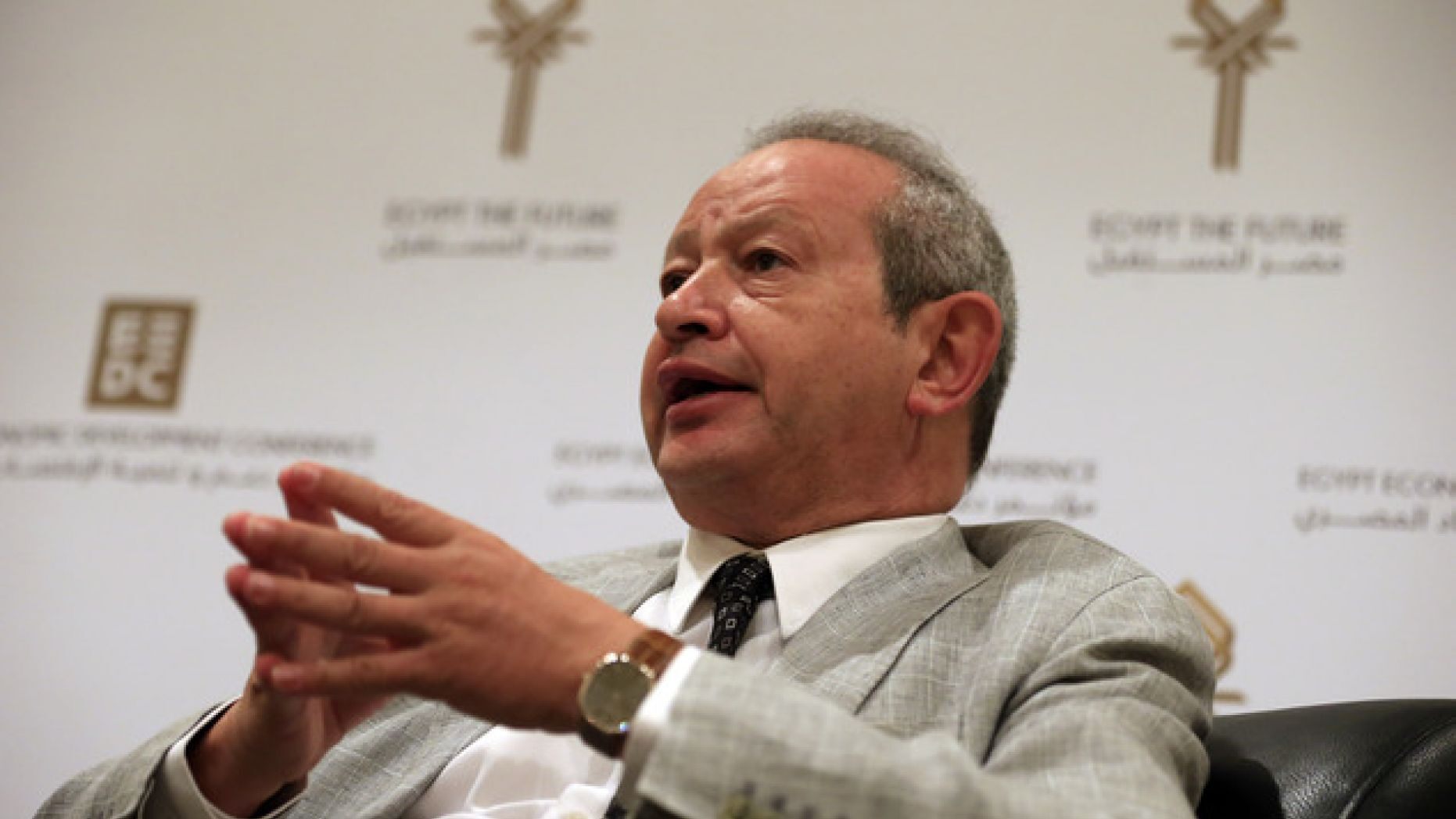
Mahmoud Salem, a recent parliamentary candidate and Egyptian blogger who goes by the moniker Sandmonkey, filed a lawsuit with the general prosecutor’s office last week against Salafi cleric Yasser al-Bourhami for incitement against Egypt’s minority Christian community.
“Disdain for religion, specifically Christianity, is something the Islamists completely abuse as a tool to terrorize the people they disagree with,” Salem told Egypt Independent.
“If there’s anyone practicing hate speech, it’s those Salafi sheikhs against Egypt’s Christians, yet nobody does anything about it. I’m not the first person to file a lawsuit against them, but nobody follows up and investigates it,” he added.
Salem said he chose Bourhami due to his repeated demands that Muslims not buy products from Christians or greet them on their holidays.
“I filed this suit as someone who is a Muslim and who dislikes such claims being made about his religion as if they represent me,” he said.
The suit has been filed at the General Prosecutors’ office. According to procedure, Salem will wait for a week to get a response, and if nothing happens, he will have to follow up on the case with his lawyer.
“If I find that it is not going anywhere, then I will go out and say that they’re not doing anything.”
Salem, a long time critic of the Mubarak regime on his blog “Rantings of a Sandmonkey,” ran in the 2011 parliamentary elections as a candidate for the liberal Free Egyptians Party (FEP) in the middle-class Cairo district of Heliopolis. He lost to independent candidate Amr Hamzawy.
The FEP was founded by billionaire businessman Naguib Sawiris, a Copt, who is being taken to court on charges of insulting Islam. The first hearing was postponed to 11 February.
The telecom tycoon sparked controversy last year for posting cartoon pictures on Twitter of Mickey Mouse with a beard and Minnie Mouse wearing a niqab.
This year’s People’s Assembly elections were a decisive victory for Egypt’s Islamists. The majority of votes went to the Muslim Brotherhood’s Freedom and Justice Party and the Salafi-oriented Nour Party.
Human rights groups have voiced concern about the future for Christians, who make up 10 percent of the Egyptian population. They have also voiced concern for women under the Islamist majority in Parliament.
“I hope Islamists recognize that they can’t pick and choose among freedoms without compromising all freedoms. They have so far supported political freedom, but this will be difficult to fully secure if they are not at the same time respecting religious freedoms and the rights of women,” Kenneth Roth, Human Rights Watch’s executive director, said in Cairo on Sunday.




